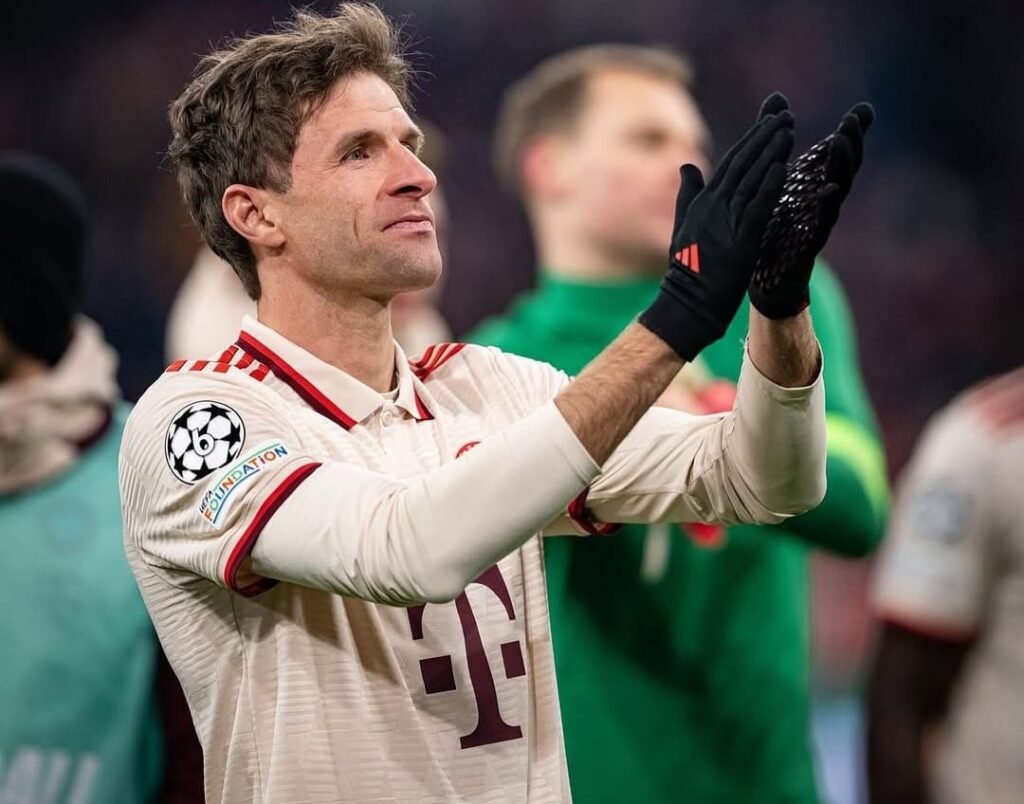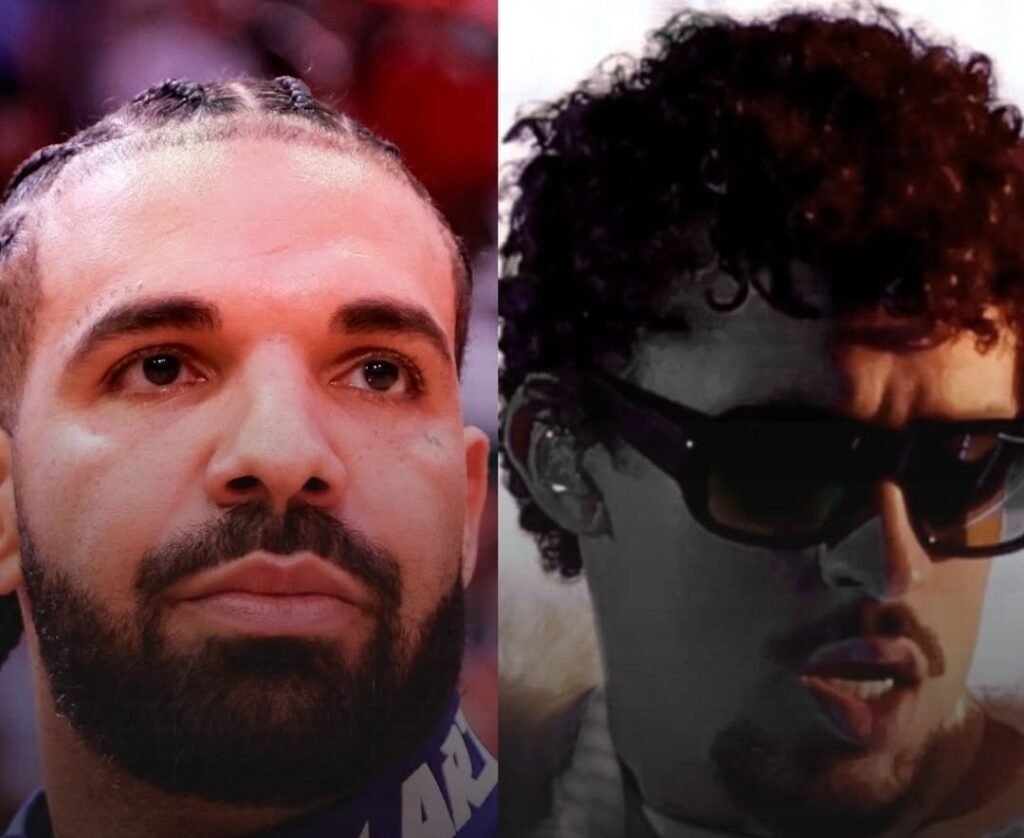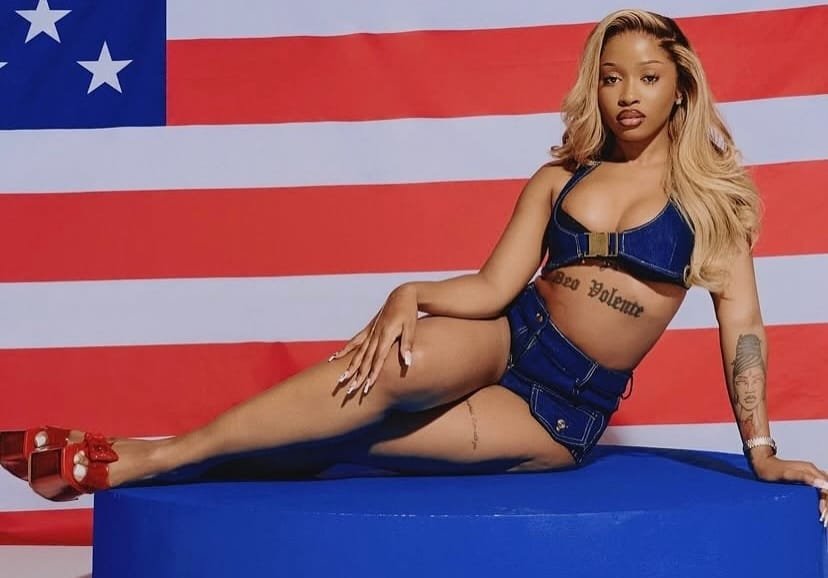
Trump’s Unconventional Proposal
U.S. President Donald Trump has once again stirred debate on the international stage, this time linking global football to geopolitics. During the launch of his administration’s 2026 World Cup taskforce, Trump suggested that the possibility of allowing Russia to return to international football could serve as an incentive for Moscow to end the war in Ukraine.
“That could be a good incentive, right? We want them to stop. Five thousand young people a week are being killed—it’s unbelievable,” Trump remarked, tying one of the world’s most beloved sporting events to the world’s most pressing conflict.
Seated alongside FIFA President Gianni Infantino, Trump appeared surprised when told that Russia remains under a FIFA and UEFA ban following its 2022 invasion of Ukraine. “I didn’t know that. Is that right?” he asked, to which Infantino confirmed: “They are banned for the time being, but we hope that peace will happen so that Russia can be readmitted.”
Trump was quick to clarify that the decision ultimately lies with FIFA, saying, “Infantino is the boss. I have nothing to do with that decision.”
Russia’s Ongoing Ban from Football
Since February 2022, Russia has been excluded from all FIFA and UEFA competitions, including qualifiers for the 2022 World Cup in Qatar and the ongoing Euro 2024 cycle. The suspension was widely supported in the international sporting community, with many viewing it as a strong signal of solidarity with Ukraine.
For Russia, football has long been a source of national pride. The country successfully hosted the 2018 FIFA World Cup, investing billions into stadiums, transport, and tourism infrastructure. Being locked out of the global football community has therefore dealt not only a sporting blow but also a symbolic one—further isolating Moscow on the world stage.
Re-entry into FIFA competitions would be seen domestically as a diplomatic victory for the Kremlin. This is why Trump’s suggestion—though not binding—resonates deeply in geopolitical circles.
Sport as a Political Tool
Trump’s comments highlight a broader truth: sport has often been intertwined with politics. From the Cold War Olympic boycotts to South Africa’s international sporting isolation during apartheid, global tournaments have been used both to punish regimes and to incentivize change.
The 2026 World Cup, which will be the largest in history with 48 participating nations and 104 matches, offers a massive platform for international visibility. For Russia, being sidelined would deepen its isolation. For Ukraine and its allies, keeping the ban in place is a way of applying soft power pressure.
By framing football as a peace incentive, Trump adds a new dimension to the ongoing debate—one that combines diplomacy with the world’s most popular sport.
U.S. Hosting Challenges Ahead
Beyond geopolitics, Trump’s taskforce meeting shed light on the enormous logistical challenges the U.S. faces as the primary host of the 2026 World Cup. Of the 104 matches, 78 will take place on U.S. soil, including the semi-finals and the final.
Vice President JD Vance emphasized that while the U.S. is eager to welcome international fans, immigration enforcement will be strict:
“We want them to come. We want them to celebrate and watch the games. But when the time is up, they’ll have to go home,” Vance said, signaling a zero-tolerance approach to overstays.
This stance has already raised concerns among tourism experts. The World Tourism Forum Institute warned that tough U.S. immigration rules, combined with global instability, could deter fans from traveling.
Homeland Security Preparations
Secretary of Homeland Security Kristi Noem assured that preparations are already underway, particularly in processing visas and travel documents.
“We’re processing travel documents and visa applications. This will serve as a dry run for next year’s World Cup,” Noem explained, highlighting the upcoming FIFA Club World Cup as a test event. Scheduled for next month in the U.S., the tournament is expected to attract nearly two million overseas visitors across 12 stadiums nationwide.
The Club World Cup will serve as both a security trial and an economic preview for 2026, allowing U.S. agencies to refine crowd management, border protocols, and international coordination.
Could Football Really End a War?
The real question remains: can sport influence global peace? History provides mixed answers. While South Africa’s sporting isolation played a part in dismantling apartheid, other sanctions—such as bans on Yugoslavia during the Balkan Wars—did little to halt violence.
For Ukraine, Trump’s comments might come across as oversimplifying a complex war that has cost hundreds of thousands of lives. Yet, for millions of football fans worldwide, the idea of a World Cup without or with Russia is far from trivial.
Whether Trump’s suggestion is genuine policy thinking or another example of his off-the-cuff style, it has thrust the issue of sport’s diplomatic power back into global conversation.
Final Thoughts
As the countdown to the 2026 FIFA World Cup continues, the intersection of politics, sport, and diplomacy is becoming more pronounced than ever. Trump’s remarks underscore football’s unparalleled global influence—and its potential to serve as both a tool of division and reconciliation.
While the prospect of Russia’s return to the tournament remains uncertain, one thing is clear: the 2026 World Cup will not only be the biggest sporting event ever hosted in North America but also one of the most politically charged in history.




